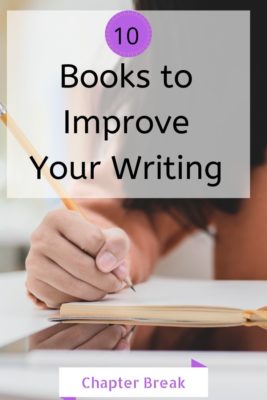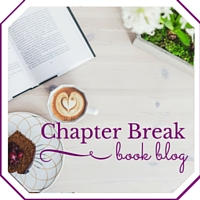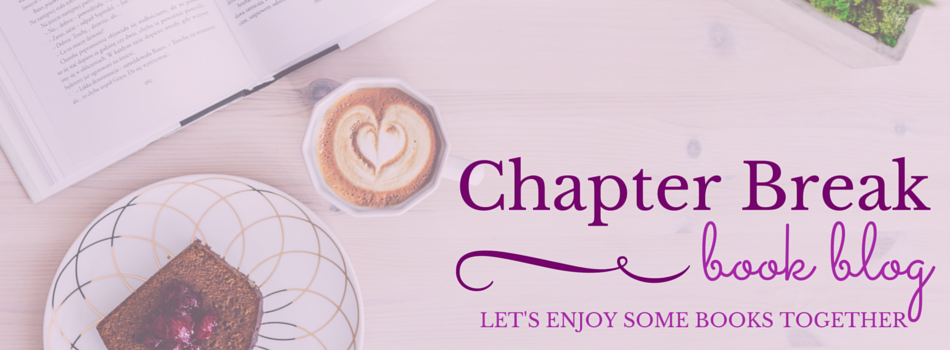There is no single, infallible recipe that guarantees the path to success. There is no real step by step, no magic formula. But one thing is for sure: it takes hard work, effort and occasional tears. Every writer has his days of wanting to escape to the mountains, but it is important to persist. Take your desire to write seriously and consider it as important as a traditional job. To make your life easier, this article gives you the top 10 books that will help you improve your writing.
1. On Writing: A Memoir of the Craft, by Stephen King
Stephen King is one of the most prolific authors of all time, so his words on the industry are not to be ignored. This is an illuminating and practical view of the writer’s art, which includes the basic tools every writer must have for the trade. King’s guidance is rooted in the vibrant memories of childhood through his emergence as a novelist, his early career struggle.

2. How to Write Like Tolstoy, by Richard Cohen
This book brings readers on a thrilling trip through the lives and minds of our greatest poets, along the way with several roguish deviations to Tolstoy. The author “sets out all of their methods, their motives, their strategies, their obsessions, and their weaknesses”, says Robert C. Malone, writer at Simple Grad and Eliteassignmenthelp.

3. How Fiction Works, by James Wood
This book is a review of main fictional elements such as narration, description, portrayal, dialog, realism, and design. One of the most influential writers of our period pulls down the mechanism of storytelling in his first full-length book of criticism to pose a set of basic questions.

4. Writer’s Journey, by Christopher Vogler
The result of years of study on myths and archetypes added to Vogler’s experience in the North American film industry, this edition is a fundamental reference for those who wish to write good stories.

5. Reading Like a Writer, by Francine Prose
A writer must be, first of all, a reader. And the way he reads ends up defining him, too, as an author. The author dedicates a careful reading of authors like Virginia Woolf, Jane Austen, Nabokov, Philip Roth, and Flaubert, in search of the secret of “writing well”. She draws valuable lessons from each one. An indispensable work for beginning writers and inveterate readers.

6. Modern Library Writer’s Workshop, by Stephen Koch
The author brings lucid observations and technical analyzes to this manual of the art of fiction. He interweaves in his text elements of wisdom, guidance and inspiring comments about some of our greatest writers. Koch guides the reader through the “entire creative process, from the first moment, the moment of inspiration, to the first version and the conception of the plot”, says Kathryn D. Griswold, journalist at Revieweal and State Of Writing. It is a great option for those who find themselves lost without knowing what steps to follow in the construction of their history.

7. Story, by Robert McKee
The author not only unveils the mysteries of the standard three-act structure but demystifies unusual structures such as those of two, seven and eight acts. It exposes the limitations of each genre, emphasizing the importance of the theme, environment, and atmosphere, and emphasizes the difference in character versus characterization.

8. The Anatomy of Story, by John Truby
This book draws on a broad variety of theory and folklore and provides fresh strategies and fascinating observations alongside Truby’s own distinctive approach to creating a successful, multifaceted story.

9. The Idea, Erik Bork
Although the ideas come from the screenwriting perspectives of the writers, they extend similarly to professional fiction writing, playwriting, and other types of “story”: since the emphasis is on what renders an overarching idea adequately convincing to cater to a large audience or readership.

10. Creating Character Arcs, by K. M. Weiland
By introducing the Three-Act Plot Structure principles and then delving ever further into the dynamics of practical and complex human transformation, Weiland provides a beat-by-beat checklist of character development rules that flexes to suit every narrative genre.

As important as knowing the writing techniques is to know how the market in which you want to establish yourself works. Some courses have free editions or test classes open to the public. Stay tuned, do research, and ask writers if they have courses to refer. They can certainly help you!

Bio
Beatrix Potter is an educator at Bigassignments Brisbane and OXEssays Reviews, as well as an online proofreader at Top assignment writing services in Western Australia. Beatrix writes about the craftsmanship of writing and all that goes into becoming a success in the world of professional publishing. She is currently finishing her first book on how to become a bestselling author.
Note: Some posts may contain affiliate links. Should you choose to purchase a product, we will receive a small commission for the sale at no additional cost to you. Chapter Break is a participant in the Amazon Services LLC Associates Program, an affiliate advertising program designed to provide a means for sites to earn advertising fees by advertising and linking to Amazon.com.



Great info! Thanks!
Thanks for stopping by, Dana!